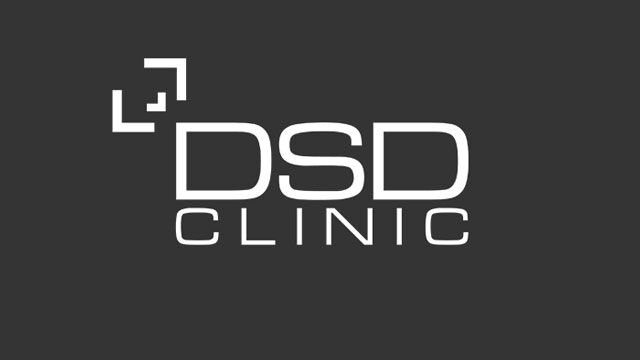
Pregnancy is a wonderful experience for many people, however, we understand that it can come with some not-so-magical side effects. Over our many years of treating patients throughout different stages of their pregnancy, we know that there are a few oral changes that aren't always discussed. We have accumulated some of our most commonly asked questions and concerns to try to ease some of the oral-based issues you may have come across.
During examinations, we receive a lot of questions about why women’s teeth change during pregnancy. It’s not so much the teeth that change, it’s the gums. Gingivitis affects up to 70% of pregnant women due to hormone fluctuation (increased levels of estrogen and progesterone). This is when the gums swell and become inflamed and due to this, it becomes difficult to properly brush your teeth which can lead to a lot of plaque build-up and cavities. Your teeth can also become slightly mobile alongside inflammation of the gum or gingivitis and is usually more noticeable between the second and eighth month of pregnancy. These symptoms tend to subside after delivery but may continue slightly during breastfeeding. The best thing you can do is to keep on top of your regular hygiene appointments and keep flossing/brushing, if it becomes too uncomfortable to floss, start using warm salt water mouth rinses instead.
Morning sickness
If you are someone who struggles with bad morning sickness, make sure you rinse your mouth thoroughly before brushing and wait at least one hour before brushing for your saliva to re-balance the chemistry in your mouth. Gastric acid is the most damaging acid to tooth enamel, softening and dissolving it. If you brush right after vomiting, you are removing soft enamel and increase the risk of permanent enamel damage.
Try using sodium bicarbonate rinses or soda water (as these contain sodium bicarbonate) if you have bad morning sickness as this will combat the acidic nature in your mouth.
Prenatal supplements and vitamins
Another important note is to be aware if you are taking supplements to get pregnant or prenatal vitamins, some of these pills can have effects on your oral health, for example, dry mouth or an unpleasant taste. To combat these, try increasing your water intake, checking if your toothpaste is SLS free (foaming agent), and consider using dry-mouth gels at night before sleep and/or dry mouth relief mouthwash (but always consult your dentist beforehand).
X-Rays During pregnancy
If you have a sore tooth please do not ignore it. Many women will prevent going to the dentist as they don’t think they will be able to have treatment. If you need an X-ray for an emergency, we provide (and so do other clinics) led aprons that block the radiation and are safe for yourself and the baby. However, if you have any worries, always raise them with your medical professional and they will be able to discuss possible alternatives. If treatment is required during pregnancy, this may be best performed during the second trimester. Emergency treatment can be undertaken at any time with proper safety measures.
If you have any other questions or concerns please feel free to get in touch with us and we will do our absolute best to provide clarity. You can contact us at: info@citydental.co.nz or on 09 919 2660.
Sources:









